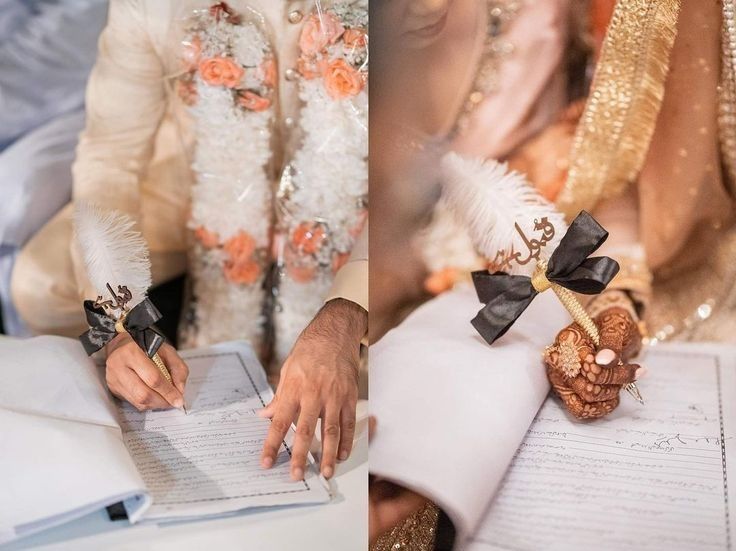· Syed Aas · Islamic · 3 min read
Nikah in Islam: Recommendations of Wedding Dates and Times
As a Muslim couple prepares to tie the knot, they often wonder if there are any specific restrictions or recommendations when it comes to choosing a date and time for their nikah ceremony.

As a Muslim couple prepares to tie the knot, they often wonder if there are any specific restrictions or recommendations when it comes to choosing a date and time for their nikah ceremony. In this article, we’ll delve into the world of Islamic marriage and explore the guidelines surrounding nikah dates and times.
No Prohibited Days or Times, Except for Ihram
The good news is that, apart from being in a state of ihram, there are no specific days or times that are prohibited for conducting a nikah ceremony. Muslims can choose any day or time that suits them, and it’s even encouraged to have the nikah as soon as possible after the engagement to start their new life together.
What is Ihram?
Ihram is a state of ritual purity that Muslims enter into before performing the Hajj or Umrah pilgrimage. During this time, certain activities are prohibited, including sexual intercourse, getting married, and wearing perfume. However, this state is temporary and doesn’t impact the ability to conduct a nikah ceremony at any other time.
Recommended Time: The Month of Shawwal
While there’s no specific recommendation for getting married in Ramadan, the month of Shawwal is considered a blessed time for nikah. This is the month when the Prophet Muhammad (peace be upon him) married Aisha.
Friday: A Blessed Day for Nikah
Many scholars recommend having the nikah ceremony on a Friday. The Hanbali jurist Imam Ibn Qudama notes that it’s recommended to hold the marriage contract on a Friday, based on the general blessedness of the day. This recommendation is shared by other scholars, and it’s hoped that a marriage conducted on a blessed day will also be blessed with baraka (blessings), Insha’Allah.
Conducting the Nikah Ceremony with Respect and Adherence to Islamic Guidelines
While choosing a date and time for the nikah ceremony is important, it’s equally crucial to conduct the ceremony in a manner that’s respectful and in accordance with Islamic guidelines. This includes ensuring that both the bride and groom have given their full consent to the marriage, that there are witnesses present, and that the mahr (dowry) is agreed upon and paid.
In Conclusion
In conclusion, there are no specific days or times that are prohibited for conducting a nikah ceremony in Islam, except during the temporary state of ihram. Muslims can choose any day or time that suits them, while keeping in mind the importance of conducting the ceremony in a manner that’s respectful and in accordance with Islamic guidelines. By following these guidelines and choosing a blessed day, couples can start their new life together with baraka and blessings.



